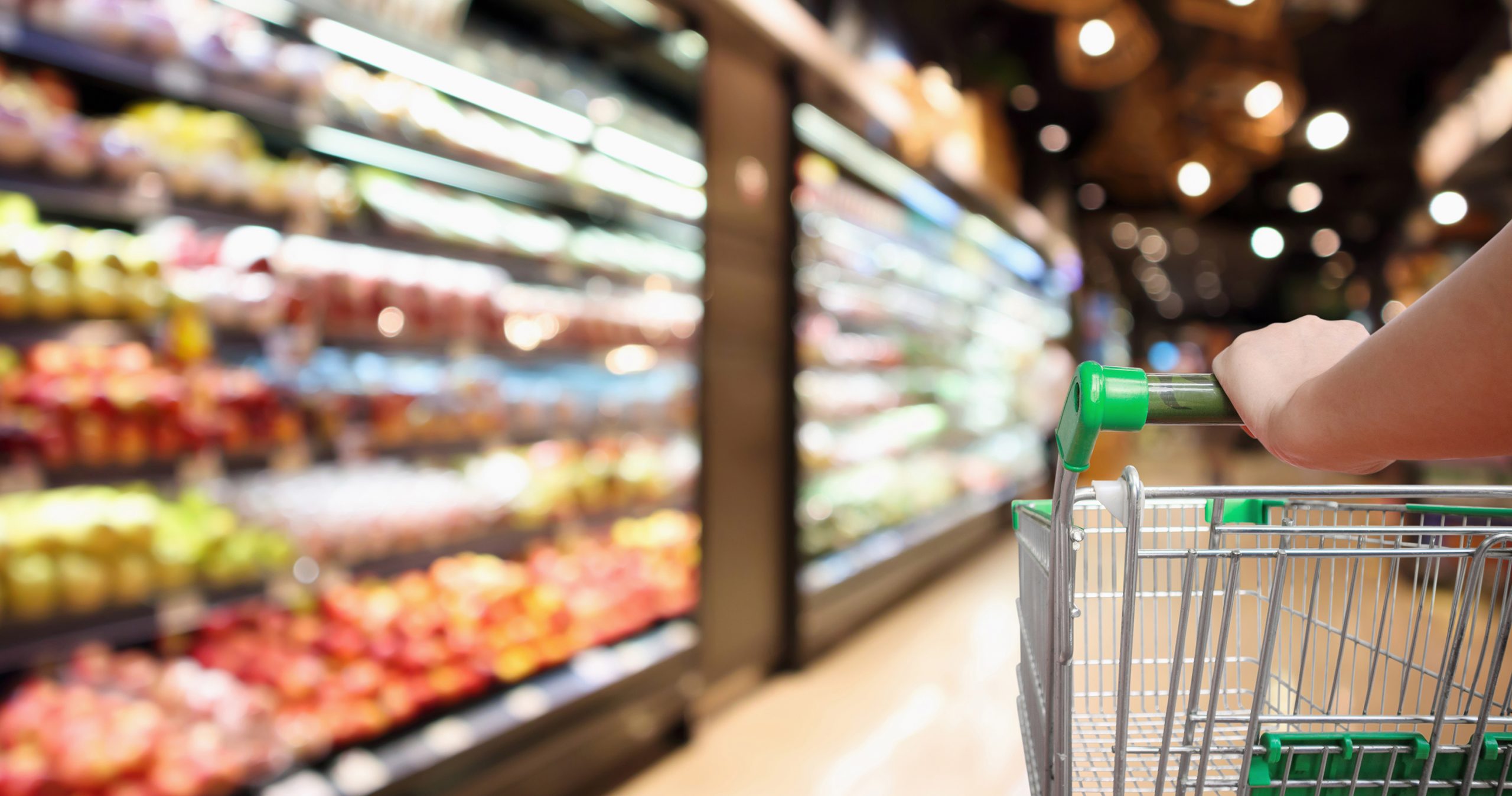Environment vs Convenience; who wins in the supermarket?

Opinion piece by Themis Altintzoglou, Senior scientist, Nofima
Our recent research shows that focussing on the environment and convenience wins consumers. But who wins when we actually shop?
Consumers today are very concerned about the environment. This links closely to food production and influences how we choose our food. But it’s not just that. Food producers are trying to make production more sustainable by investing in new equipment and technological solutions that also make our everyday life easier. So how do consumers react to this?
Convince me
We at Nofima have been involved in two projects to answer questions about what influences consumer’s acceptance and future behaviour when buying food. Both projects focus on technological improvements that can lead to better and more sustainable products. For example, in a project funded by the EU, the aim was to utilise all the raw material from shrimp, crab and mussels. We looked at how consumers reacted to products containing ingredients from those parts of shellfish that are normally thrown away. In that project, we found that consumers wanted to hear why the companies had decided to use the whole animal. When we offered two explanations for this, they were more positive towards the one that referred to the reduction of food waste rather than the one that referred to an improvement in public health. In other words, people wanted to hear that food companies are making efforts to use the whole raw material, and that they were doing this for a good cause, i.e. to reduce food waste and to protect the environment.
A project funded by the Research Council of Norway found a different result in an agri-food context. This project focused on innovative processing technologies that can keep our food safe and tasty for longer. In this project, we tested consumers’ reactions to information that the food was produced using new processing technologies such as Ultrasound, Pulsed Electric Fields and Plasma Activation. The results here contrasted with those of the shellfish project. We tested linking the use of technologies with the benefits to health, environmental sustainability and quality. Even so, the option that triggered the most positive reactions from consumers was convenience. People wanted to hear that using new processing technologies would have a positive effect on the convenience of their everyday life.
Don’t touch my food
But why is this happening? We suspect that the conclusion from our studies relates to trust in the industry. In general, consumers are sceptical of the new and unknown. They want to know that any investments or improvements in the way our food is produced and processed are made for a good reason. A good reason could be the reduction of environmental impact, reduced food waste or increased convenience. Our food already goes through extensive processing to ensure its usability, quality and safety. Our food should not be processed further by the food industry just to increase their profit. There are many studies that show that we want our food to be as natural as possible, fresh, safe, healthy and primarily tasty. But if it is further processed or processed in new ways, this should be to ensure improved industry practices for the benefit of the consumers’ everyday convenience and to reduce the environmental impact.
Environment vs. Convenience; who wins the fight?
Focusing on the environment sounds ideal and is very ‘in’ at the moment. There is a trend for higher awareness among consumers, expressed by purchasing more local food and delicatessen products, increased visits to local markets and, in general, a higher engagement with issues concerning the link between food and how it reaches our homes.
However, we must be self-critical. A report from the European Commission and the International Trade Centre shows that compared to total food sales, European sales of sustainably labelled food products have only increased by 6% since 2016, despite retailers’ ambitious strategies and high expectations. It is easy to talk about the environment in a socially desirable way, especially with the increasing pressure for political correctness in social media. But based on previous Nofima research, we suspect that what consumers actually do when they rush through the supermarket on their way home is rather different. Morals and values that consumers talk loudly about fly out the window and they fall back on old habits and practical solutions, which are often all about convenience, price and other factors – rather than the environment.
For most people, choosing environmental food is the exception; for a very few people are these choices an embedded part of their everyday habits. Some perhaps even make these choices just to flaunt how environmentally aware they are.

